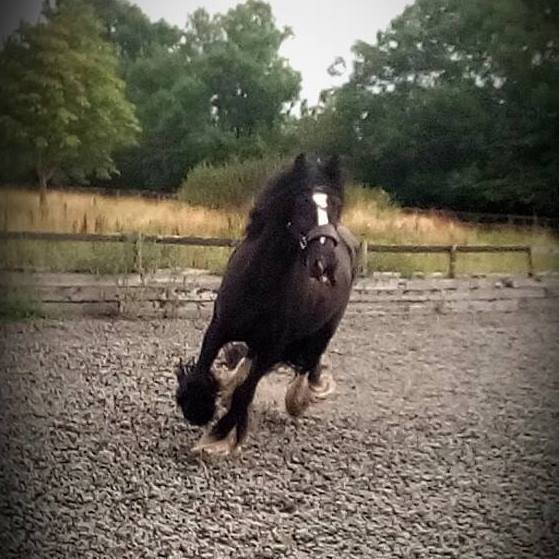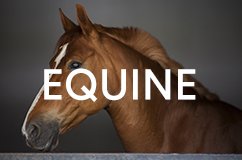

Tips for the Horses With Digestive Issues
Tips for the ulcer prone horse
Horses have a relatively small stomach compared to their size and they have evolved to be trickle feeders. Due to this they are constantly producing acid. Stress and lack of forage can contribute to ulcers. Not all horses show outward signs of ulcers so many go undiagnosed. Symptoms that you can watch out for include changes in behaviour and lack lustre performance, dull coat, changes in appetite, loss of weight or difficulty maintaining weight, discomfort during girthing up and mild colic symptoms.
Two ways that a horse can be tested for ulcers are by scoping, looking at the stomach and intestinal linings or by examining faeces for trace amounts of blood as this can be a sign of hind gut ulcers.
If you think your horse has ulcers or may have had ulcers in the past here are some helpful tips to help maintain their digestive comfort;
- Reducing stress by keeping to a routine, ensuring they are pain free and with the ability to express natural behaviour.
- Feeding a high fibre low starch diet
- Giving small feeds of less than 500g starch content (500kg horse)
- Making sure there is adlib forage
- Feeding a small forage feed before exercise to create a crust and help minimise acid splash back.













